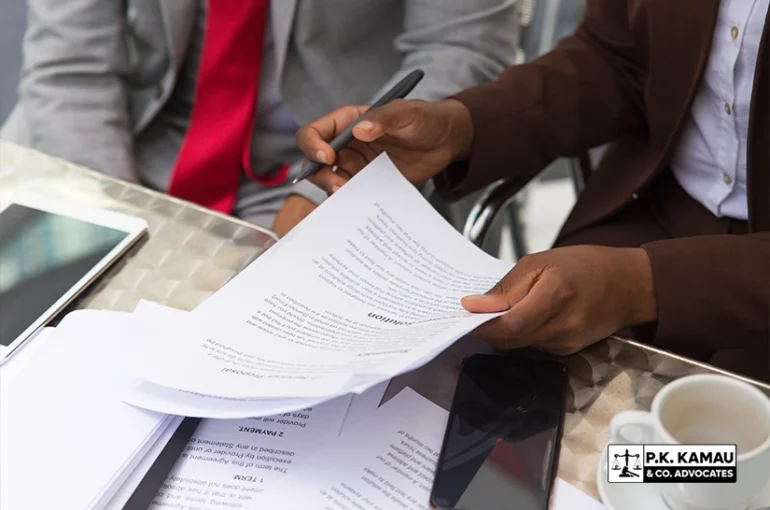Navigating Compliance Challenges in Product Importation in Kenya
In the dynamic landscape of international trade, Kenya stands as a hub for product importation, connecting businesses to a global marketplace. However, with great opportunities come complex challenges, particularly in the realm of compliance. Navigating product import regulations requires legal expertise and strategic planning. In this article, we explore the compliance challenges associated with product importation in Kenya and shed light on the role of legal expertise in ensuring a smooth and lawful process.
The Regulatory Framework
The regulatory framework for importing products in Kenya is complex, as it involves multiple government agencies and statutes. Compliance involves adhering to standards set by bodies such as the Kenya Bureau of Standards (KEBS), the Kenya Revenue Authority (KRA), and other sector-specific regulators. Navigating this complex tapestry requires a nuanced understanding of the legal landscape.
Common Compliance Challenges:
1. Documentation and Paperwork:
– Challenge: Insufficient or inaccurate documentation can lead to delays and complications during customs clearance.
– Legal Insight: Lawyers play a crucial role in ensuring that all required documents, including licenses and certificates, are meticulously prepared and accurate.
2. Tariffs and Duties:
– Challenge: Calculating and understanding the applicable tariffs and duties can be intricate, impacting the overall cost of importation.
– Legal Insight: Legal experts assist businesses in minimizing duties through legitimate strategies and ensuring compliance with tariff regulations.
3. Product Standards and Certification:
– Challenge: Obtaining certifications that conform to KEBS standards can be challenging., especially for new or unique products.
– Legal Insight: Lawyers guide meeting product standards and navigating the certification process, ensuring compliance with quality and safety regulations.
4. Customs Clearance Procedures:
– Challenge: Delays and complications may arise during customs clearance due to evolving procedures and regulations.
– Legal Insight: Advocates assist in staying abreast of changing clearance processes and resolving any legal issues that may arise.
5. Intellectual Property Protection:
– Challenge: Protecting intellectual property rights from infringement during importation.
– Legal Insight: Legal experts advise on securing trademarks, patents, and copyrights, and they take legal action against any infringement, safeguarding the interests of importers.
6. Environmental Compliance:
– Challenge: Importing goods that could have negative impacts on the environment without complying with the local environmental regulations.
– Legal Insight: Lawyers advise businesses on environmental compliance and mitigating ecosystem impact.
The Role of Legal Experts:
-
Risk Mitigation:
– Legal experts conduct risk assessments to identify potential compliance pitfalls and develop strategies to mitigate risks proactively.
-
Regulatory Updates:
– Keeping abreast of evolving regulations, legal professionals provide timely updates to clients, ensuring continuous compliance with the latest standards.
-
Dispute Resolution:
– In the event of compliance-related disputes, legal advocates play a pivotal role in negotiating and resolving issues with regulatory authorities.
-
Strategic Planning:
– Lawyers assist businesses in developing comprehensive importation strategies that align with legal requirements and business objectives.
Conclusion:
In the complex process of importing products into Kenya, facing compliance challenges is unavoidable. However, with the expertise of legal professionals, businesses can navigate these challenges adeptly, ensuring that the process is not only legally sound but also conducive to sustainable growth. As the guardians of legal integrity, P. K Kamau & Co. Advocates stands ready to guide businesses through the complexities of compliance, turning challenges into opportunities for success in the vibrant realm of international trade.


Leave a Reply